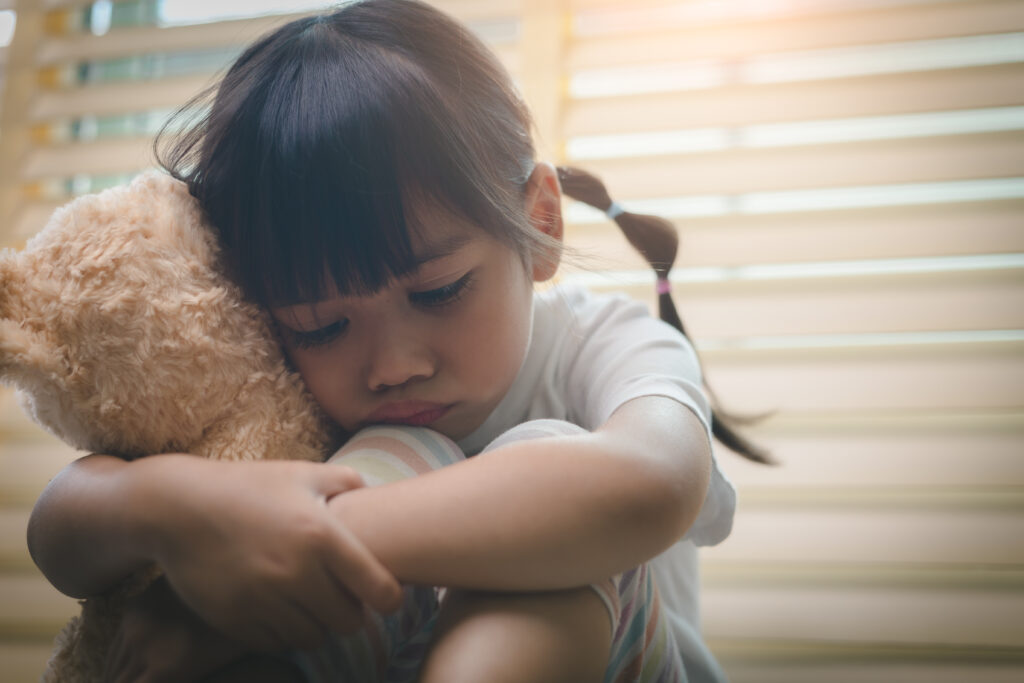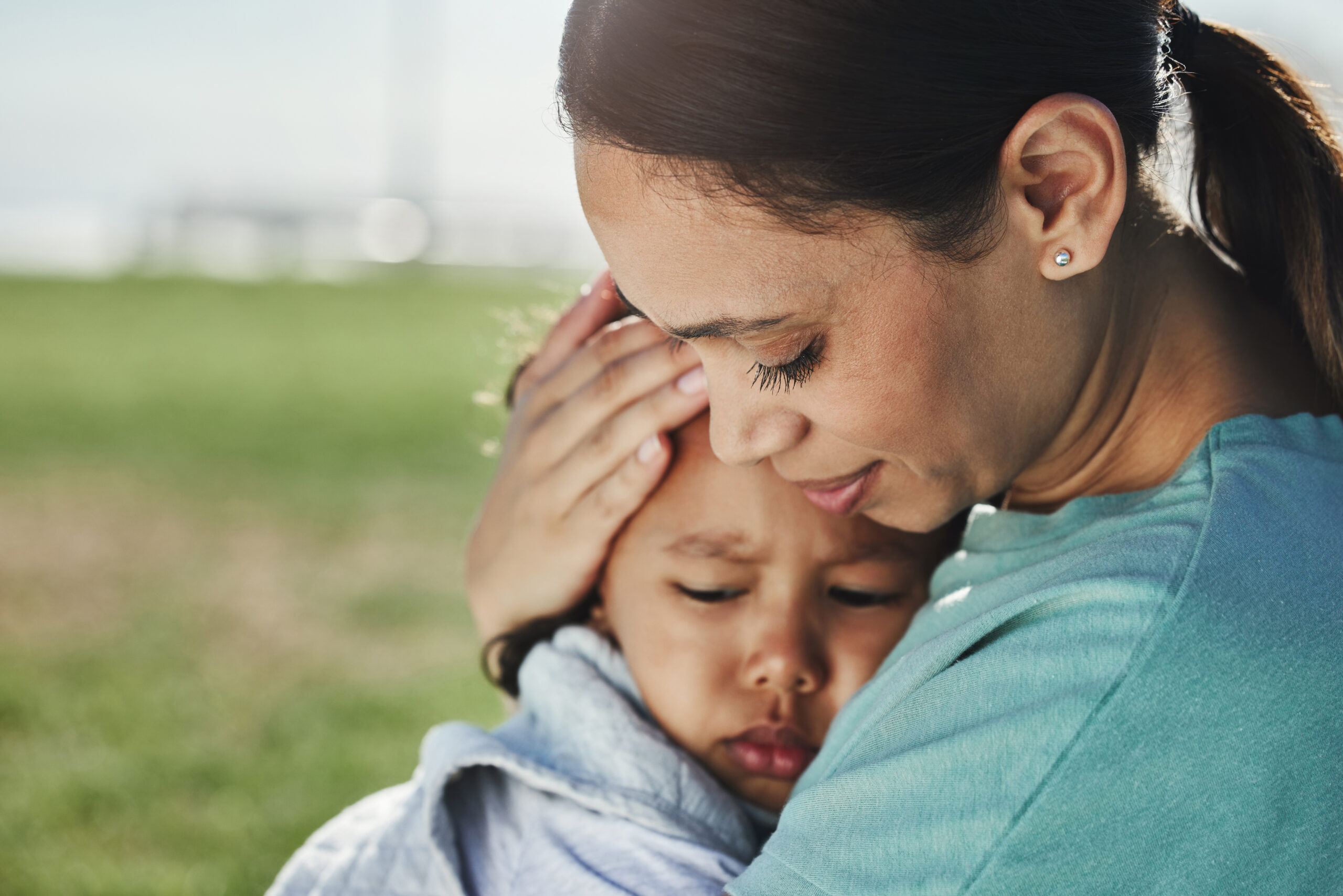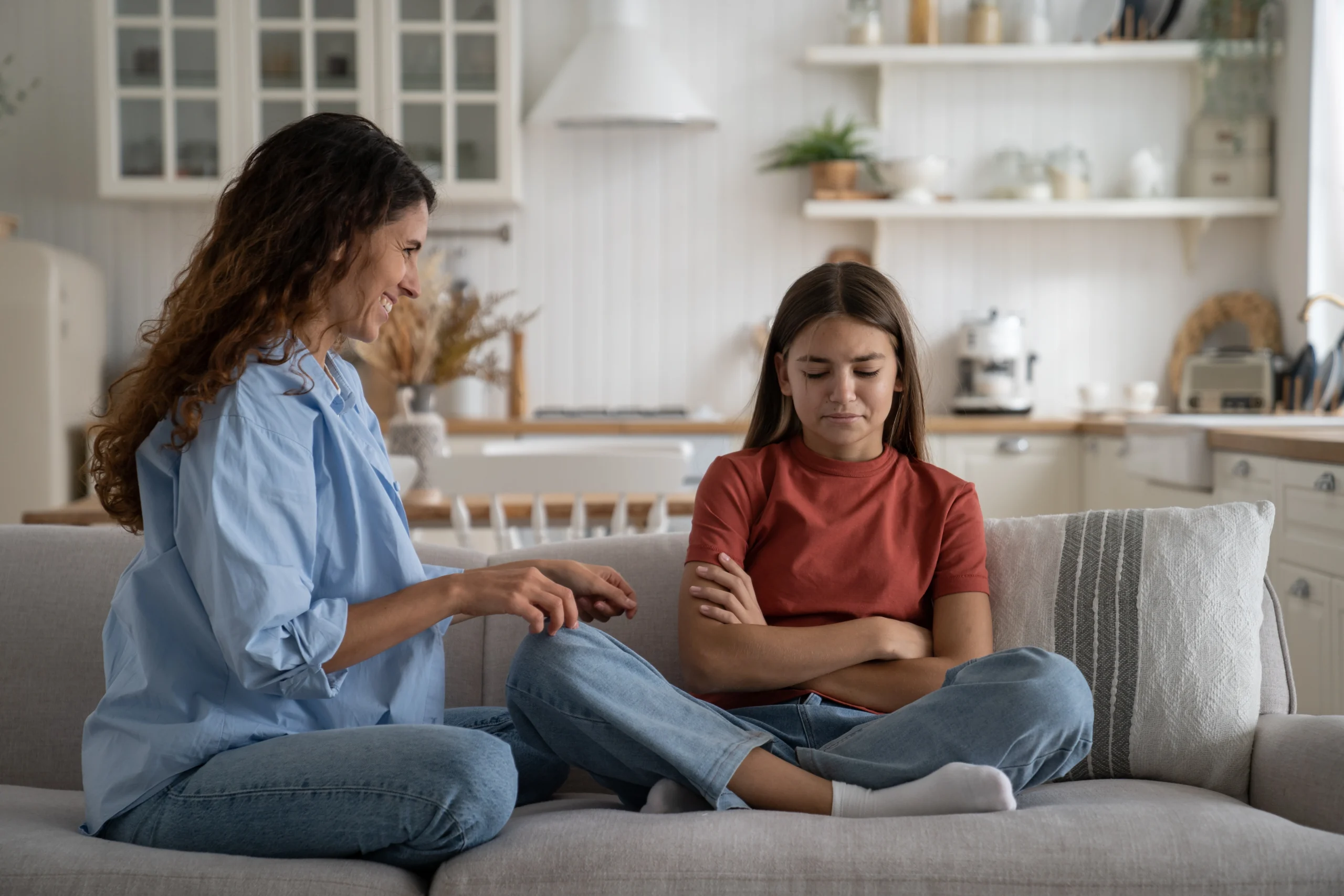As a Child Development Specialist, Time and time again, I’ve seen one thing holds true: childhood trauma doesn’t just disappear—it stays with you. It is often quiet. But it can adversely affect how you act, how you love, and how you feel as a grown-up. If it’s not healed, it can surface in the way you parent your child, but here’s the good news: you can heal, and you don’t have to do it alone. Here, I want to look at how childhood trauma can affect a family. We will see how mindful parenting and conscious co-parenting can help us heal. We can work through it together, as a team.
1. Understanding How Trauma Shapes Our Parenting
The difficult things in your past aren’t always obvious or easy to spot. It can be when no one understands your feelings. Or being told to hold back your deepest emotions or to act a certain way.” These small things can make a child feel not seen and not safe.

When you are a grown-up, this can make you:
- Act too strongly when your child has heavy emotions
- Have a hard time with Emotional Regulation when you are with your child
- Say the same things your parents said to you. You may not even realize it.
In my work with families, we look at how your inner child affects the way you parent today. The first step is to understand each action. This helps you be the conscious parent. That is a parent who acts with thought, not just out of habit.
2. Healing as a Team Through Conscious Co-Parenting
Regardless of whether you are in the same place or not. When you heal as a team, you make a safe place for your child. Conscious co-parenting is when both parents try to be there. They are aware of feelings and act on them.
You do not have to be an expert. But you do need to talk, care, and work with each other. Here is how you can start:
- Have Family Meetings at set times. You can talk about what is hard and freely express your emotions.
- Use Active Listening Parenting skills to hear what the other person says.
- Do not blame. Ask why. For example, “What did we need at that time?”
This way of doing things is closely associated with Conscious Co-Parenting NJ. New work in Holistic Child Development shows it is good. A 2023 study found that children in homes where feelings are acknowledged have 33% fewer behavioral problems. They also do better in school.
3. Rebuilding Safety Through Mindful Connection
When past experiences have pushed you away from people, closeness can help you heal. Mindful parenting is when you show up for your child each day; you’re also showing up for yourself.
It looks like this:
- Going slow to see what your child needs or feels
- Saying “I am sorry” when you do a wrong thing
- Making good times with easy Toddler Activities. You can paint or put shapes in order.
- Using Nonviolent Communication when you feel any sort of anger.
When you show your child how to be in tune with their feelings, they’ll carry that skill for life. They learn to guide their feelings. This is how we raise kids to be wise with their feelings, and it starts at home. The benefits of mindful parenting for child development are more than just how they act. It makes them think in new ways. It helps them deal with difficult times. And it helps them develop a sense of safety around you.
Conclusion: Healing Begins With Awareness
It’s not easy to parent when you carry past trauma, but it’s some of the most rewarding work you’ll ever do. Choose to grow, not to feel bad. Then you will be the conscious parent your child needs. You can become the healed adult your younger self needed.
Tip: Make a “calm corner” in your home for all of you. It is a place you and your child can go when feelings seem uncontrollable. Include calming items soft blankets, favorite books, or quiet songs, so you both know it’s a safe place for emotions.
Don’t forget to follow us on Instagram, and YouTube for more insights and expertise.For the latest news and updates, click here to view our recent press releases.






